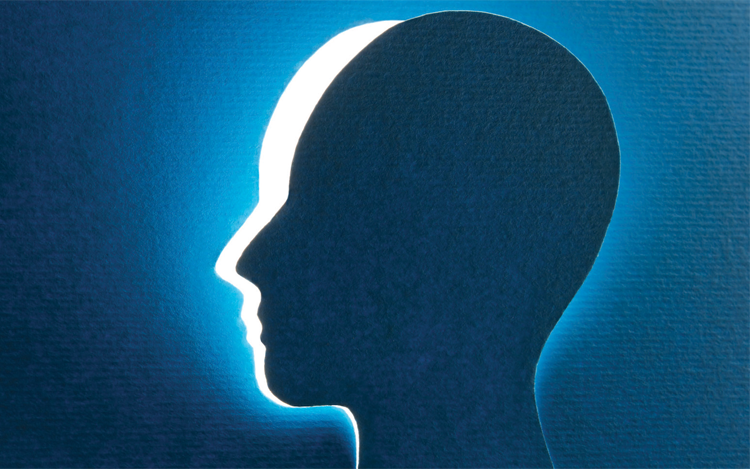MENTAL HEALTHCARE reform finally might be here — with some adjustments. On June 16, President and CEO of Mental Health America (MHA) Paul Gionfriddo testified in front of the U.S. House of Representatives Committee on Energy and Commerce on the Helping Families in Mental Health Crisis Act of 2015, or H.R. 2646.
The bill was written by Representative Tim Murphy (R-Pa.) and seeks to overhaul the way mental illness is handled in the United States. The most important aspect of the legislation, according to the MHA, is the funding for treatment programs, early intervention and screening. This aligns with the MHA’s goal to find and treat those suffering from mental illness before Stage 4, which is the critical stage in which the mentally ill pose a danger to themselves or others.
Dr. Sergio B. Seoane, a past president of the Polk County Medical Association, currently serving on the Board of Trustees and the PCMA Executive Committee, as well as the treasurer and past president of the Central Florida Physicians Association, agrees. “Mental illness is just like any other disease,” he says. “Early diagnosis and treatment generally improves outcome and quality of life.”
During his testimony, Gionfriddo requested several changes to the legislation. He asked the committee to work on better combining mental health and education, so that children who show early signs of mental illness are not left behind. He also requested that the Substance Abuse and Mental Health Services Administration (SAMHSA) establish a standard other than the Stage 4 “danger to self or others” as an impetus for treatment.
Gionfriddo asked that SAMHSA create a national plan to end the imprisonment of nonviolent people who are suffering from severe mental illness, as well. According to Dr. Seoane, individuals with severe mental disorders are likely to filter through the criminal justice system, which only exacerbates their illness.
Many of these individuals have not committed a violent crime but instead have used drugs or alcohol to self-medicate. Further, the justice system is sorely ill-equipped to offer the necessary treatments.
Gionfriddo also pushed for lawmakers to work with the MHA on creating a credentialed peer workforce, and to streamline the changes in privacy rules so that they are easier to follow, and thus, healthcare professionals will be more likely to fulfill them.
Dr. Seoane points out that it’s not just about expanding the number of people with expertise in mental illness — it’s also about making sure insurance companies are willing to pay for the treatments and therapy, which he reports is not currently the case. “Insurance companies treat mental illness differently than they treat heart disease or lung disease,” he elaborates. “This has to change.”
Lastly, Gionfriddo testified on behalf of advocates who fear that lawmakers will offset the cost of the new bill by cutting current community programs. “If you want to find offsets, please look to our jails and prisons,” testified Gionfriddo.
On this point, Dr. Seoane concurs: “Our criminal justice system has become the de facto treatment for individuals (with) mental illness. This is costing us vast amounts of money. We must find a better way.”
However, there is something about the legislation that Dr. Seoane finds troubling. “In the bill, they expand the power of the government to essentially force you to get care, and that’s a little bit concerning,” he states. “I think that before the government removes an individual’s civil rights and uses the legal system to force treatment upon them, a very high standard must be achieved. Before we strip individuals of their liberties, we need to be very, very sure that we are doing the correct thing.”
CREDIT
article by KELSEY TRESSLER
